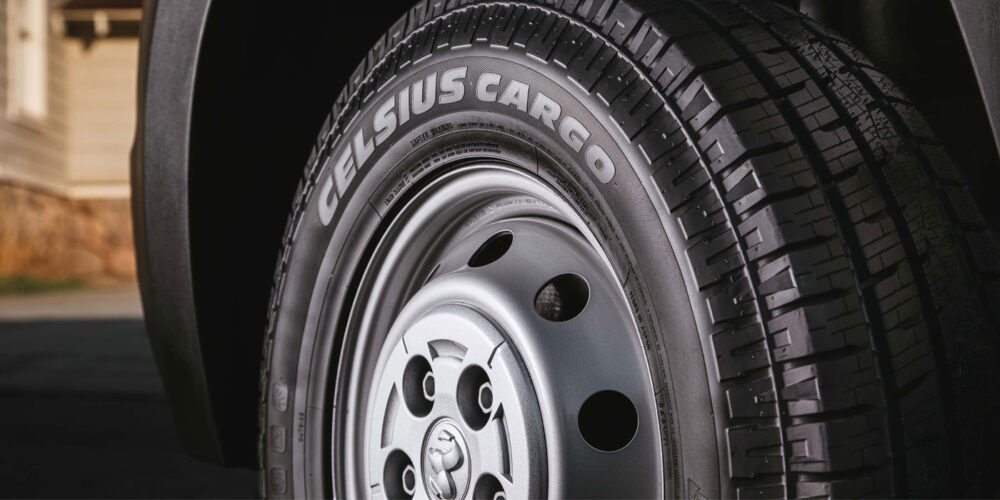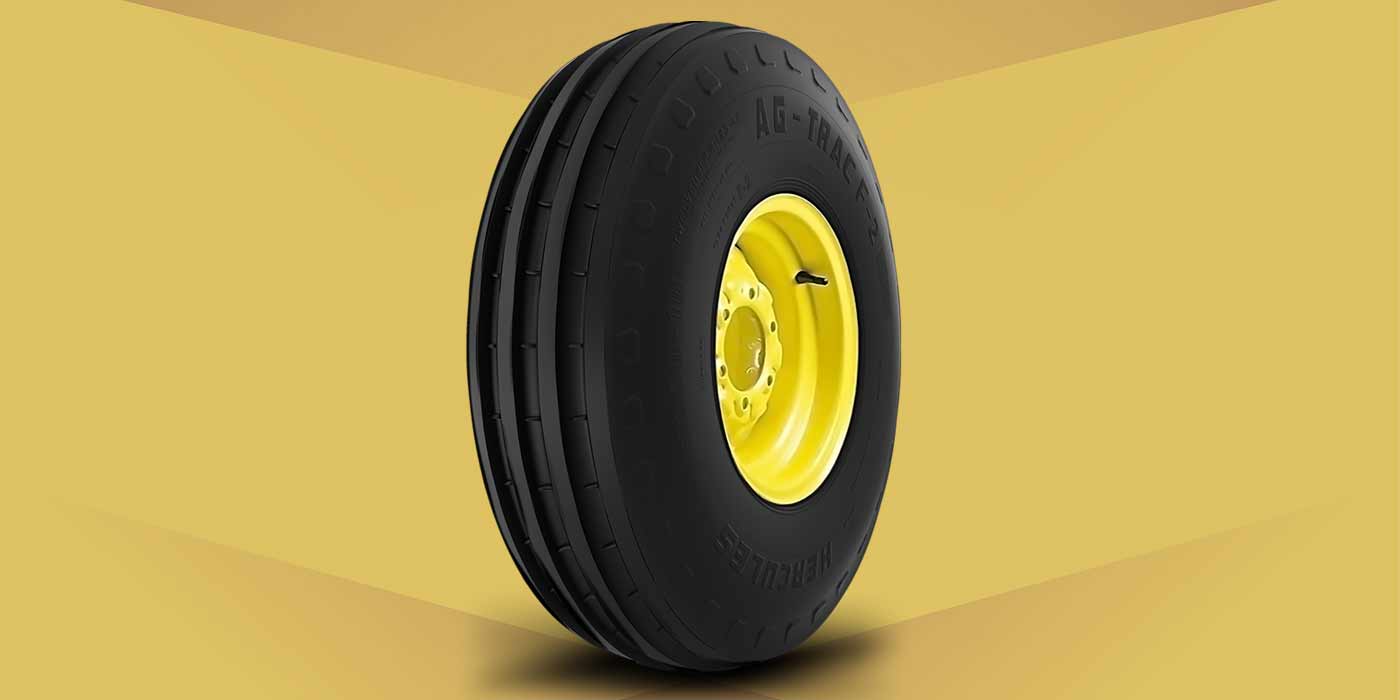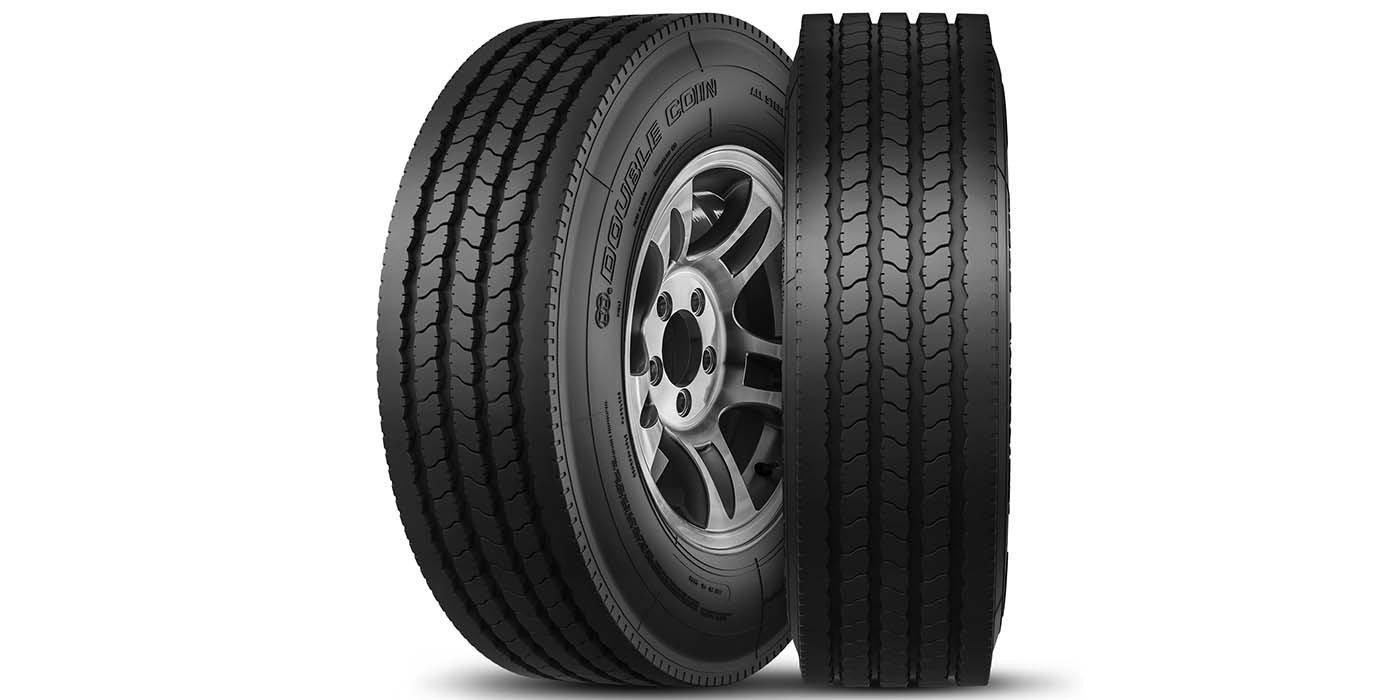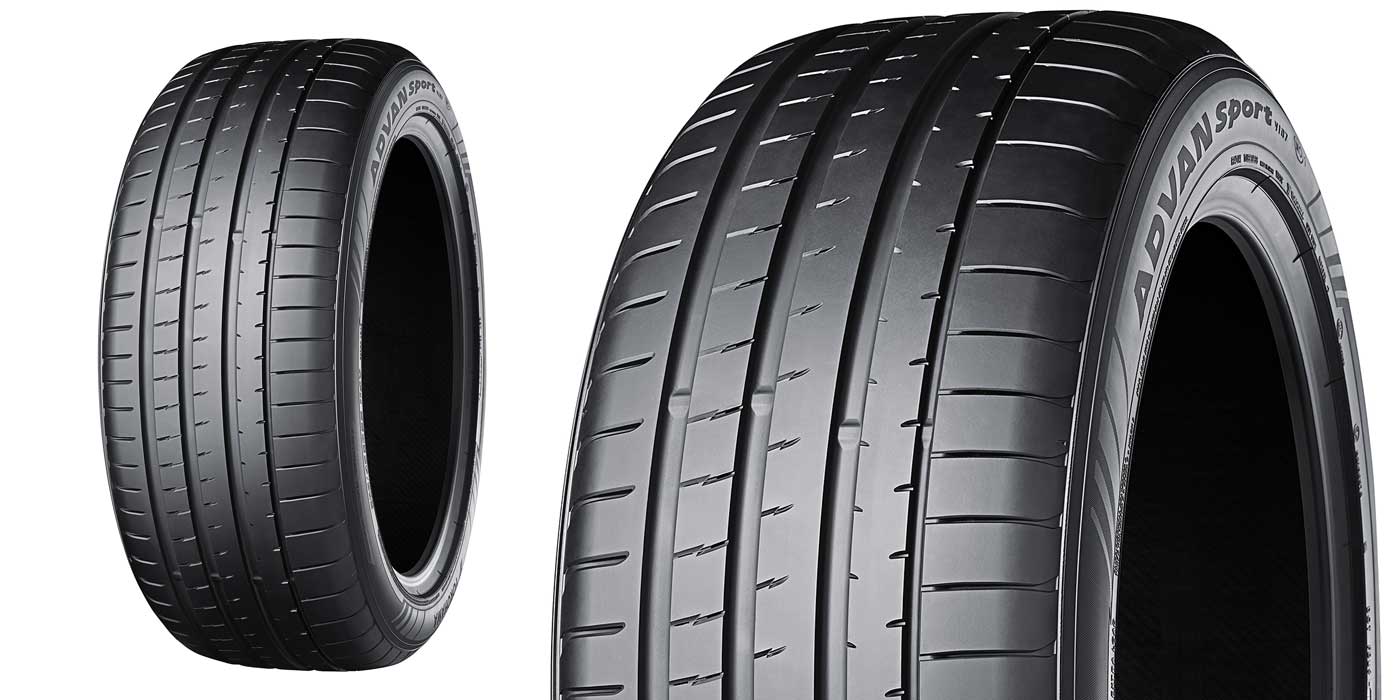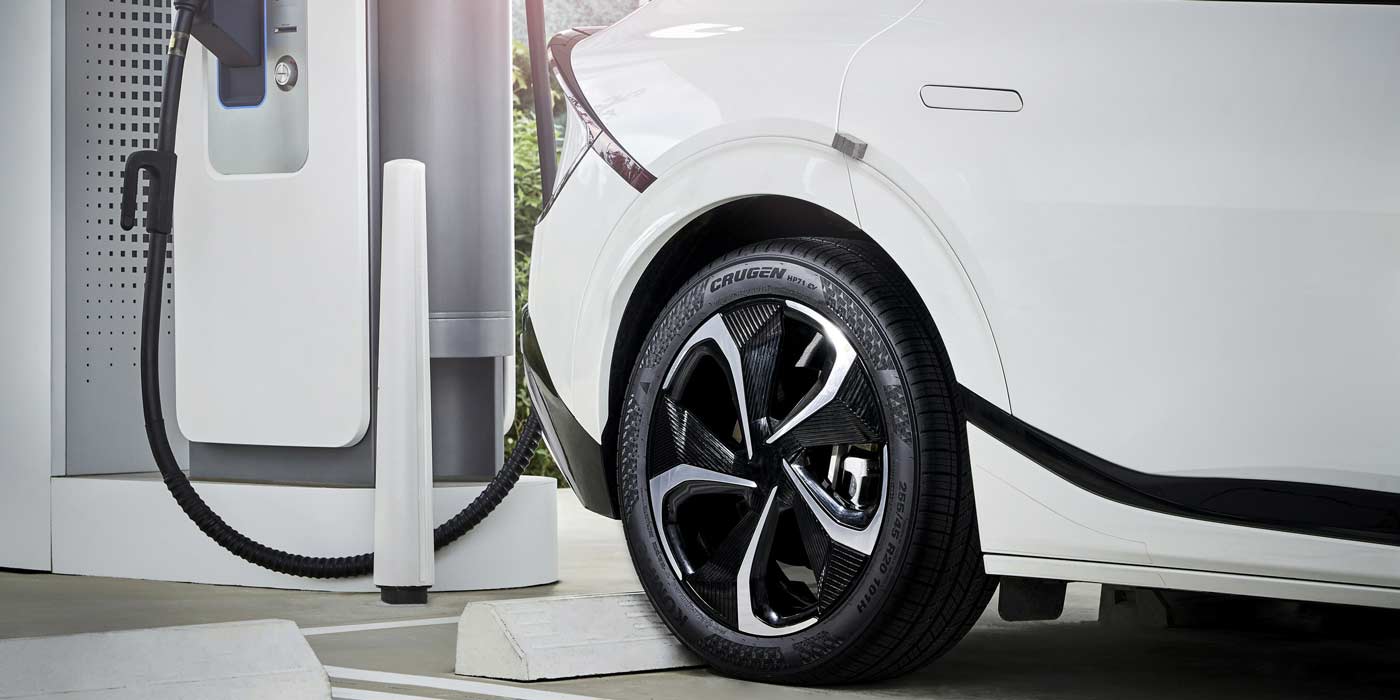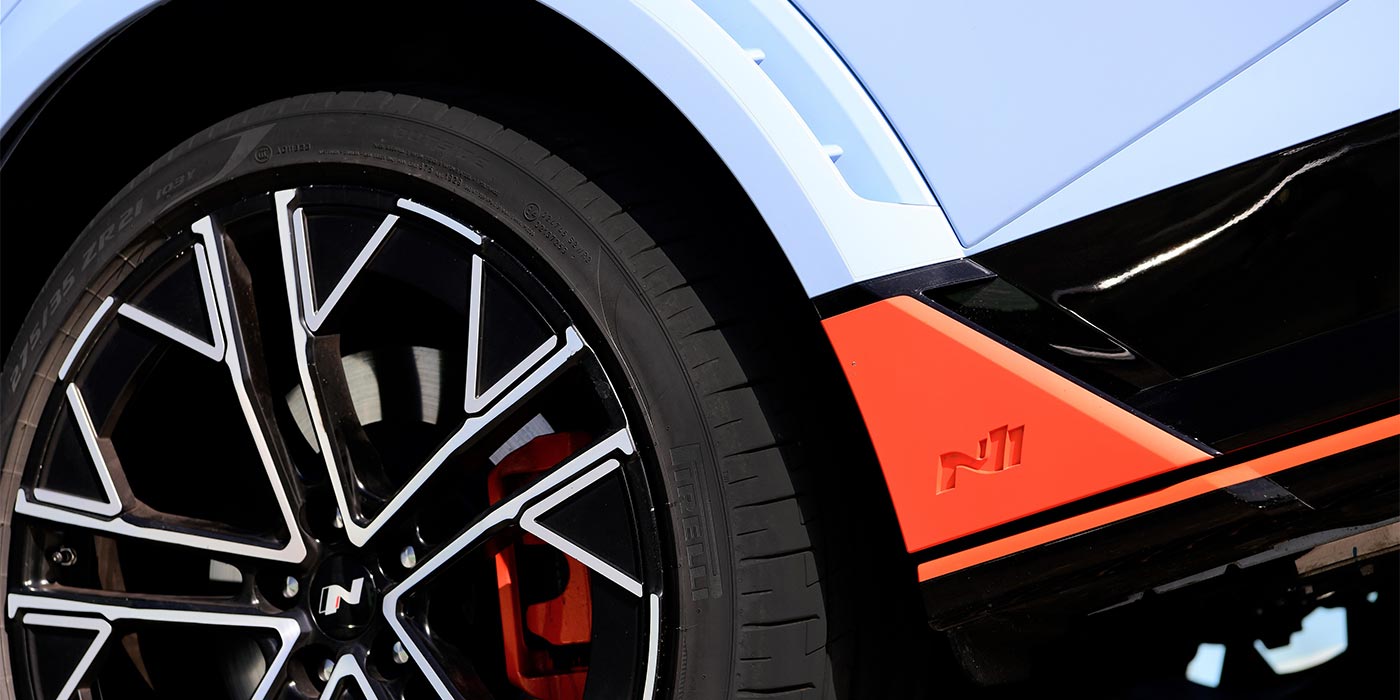With consumers continued online purchasing and the expectation of fast delivery times — even beyond the pandemic — the commercial van tire segment remains poised for steady growth. Expanded regional and local fleets with more demanding delivery routes means that tire dealers who are savvy in the nuances of this niche stand to grow their bottom lines by serving these customers.
“The rise in e-commerce over the past few years has really pushed the usage and importance of commercial van tires,” says Doug Martin, product manager for specialty tires at Continental Tire. “Coupled with the continued use from contractors, construction companies and other smaller fleets, the segment has grown in size and importance.”
According to Joe Hughes, customer engineering support manager for Michelin North America, in addition to increased e-commerce during the pandemic, there have been many elements that have influenced the growth of both last-mile delivery and the commercial van tire segment.
“Companies adopted a ‘do more with less’ approach due to both economics and to increase their sustainable approach to last-mile fleets,” he says. “As a result, vehicles in this area are shifting to smaller sizes overall. Also, higher growth in the C-Metric product category is directly related to the growth of the last-mile delivery and van tire segment.”
Expect Further Growth
All of these expectations and trends have combined to create long-term demand for commercial van tires. Manufacturers anticipate that this pattern will continue.
“We expect the full-sized commercial van segment to continue to grow in the coming years with the current popular vehicles, along with the introduction of new EV variants such as the Ford E-Transit, Mercedes-Benz eSprinter and other new EV commercial vans,” says Drew Dayton, Yokohama Tire senior product planning manager for consumer tires. “Demand for small commercial vans still seems to be strong, but recent news of the cancellations of the Ford Transit Connect, RAM ProMaster City and Mercedes-Benz Metris make this sub-segment a little less certain.”
Dave Johnston, senior manager of commercial product and business development for Toyo Tires, says the company is investing heavily in commercial van tire development and expects the segment to continue to be a large part of future economic development.
“Normalization of online ordering and the expectation of quick delivery times has now become part of our post-pandemic culture,” he adds.
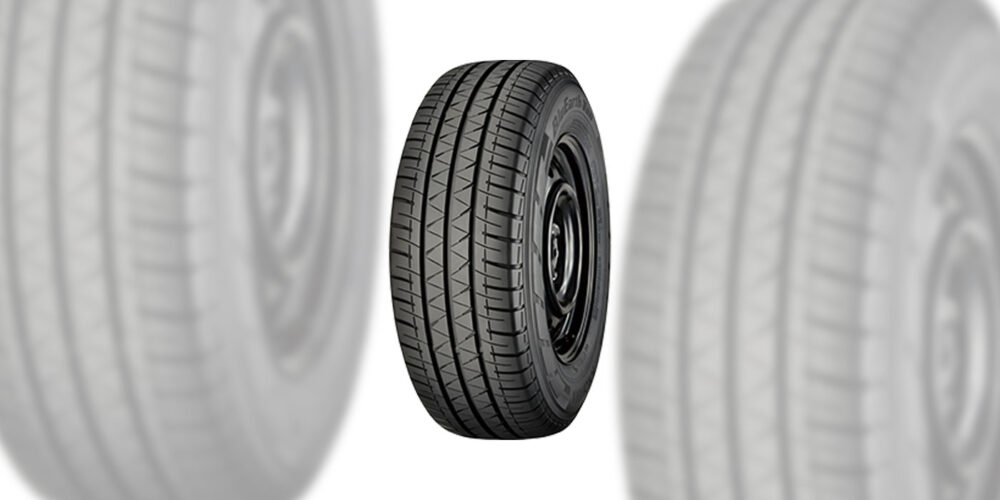
Technology & Performance
Hardworking commercial van tires must offer durable performance supported by construction and technology that will meet fleet needs — and it’s about more than just longevity.
“Commercial van owners are looking for a tire that will handle their vehicle’s load-carrying capacity while providing excellent wear performance,” Dayton says. “All-season performance and durability are also important tire characteristics to provide additional confidence that their tire will hold up to their daily needs.”
Johnston says, “The most important aspects of last-mile delivery tires include low-speed durability to handle stop-and-go traffic, hazards such as curbs and potholes, and year-round traction to ensure time-sensitive cargo is delivered on time and fleets remain on the road.”
Whether an internal combustion engine vehicle or a battery electric vehicle (BEV), urban delivery fleets will continue to evolve, according to Huges.
“We expect to see development continue in tire durability, including longer original mileage, robust sidewalls designed to resist curbing damage, improved wet traction handling abilities in high stop-and-start environments, and improved rolling resistance to assist BEV range,” he says.
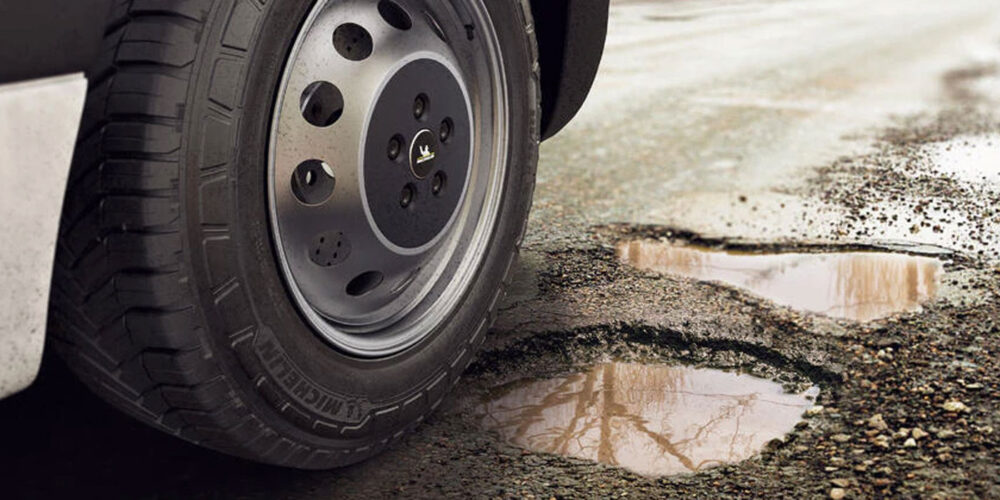
From a technical standpoint, Martin notes that compounding and tread design are a function of what type of commercial van tire is desired. Typically, in the U.S. the van tire segment ranges from all-season to winter, with tread patterns that are generally either symmetrical or directional.
“The important technical aspects of the design revolve around optimizing the footprint and including compounds for high pressure and heavy loads, high torque from stop and go driving, as well as sidewall features to add robustness against curb scrubbing,” Hughes says. “A specific note around the C-Metric tires is that they are designed for higher load carrying capacity than LT-Metric tires of the same dimension. It is important that last-mile fleet owners understand the difference and don’t interchange the two.”
“Last-mile fleets require highly durable tires that keep their vans on the road and deliveries on time,” Johnston says. “Stop-and-go traffic and urban hazards such as curbs and potholes are very hard on tires. Traction in wet conditions as well as colder regions requires fleets to have multiple options to ensure they have the right tire. New compounds and tread designs on high-quality casings meet these needs head-on.”
Meeting Customer Needs
As with any niche segment, it’s vital for tire dealers to understand what their commercial van fleet customers are seeking, as well as the nuances of the job. Martin says understanding a fleet’s needs will help direct dealers to the proper fitments, helping them reduce downtime.
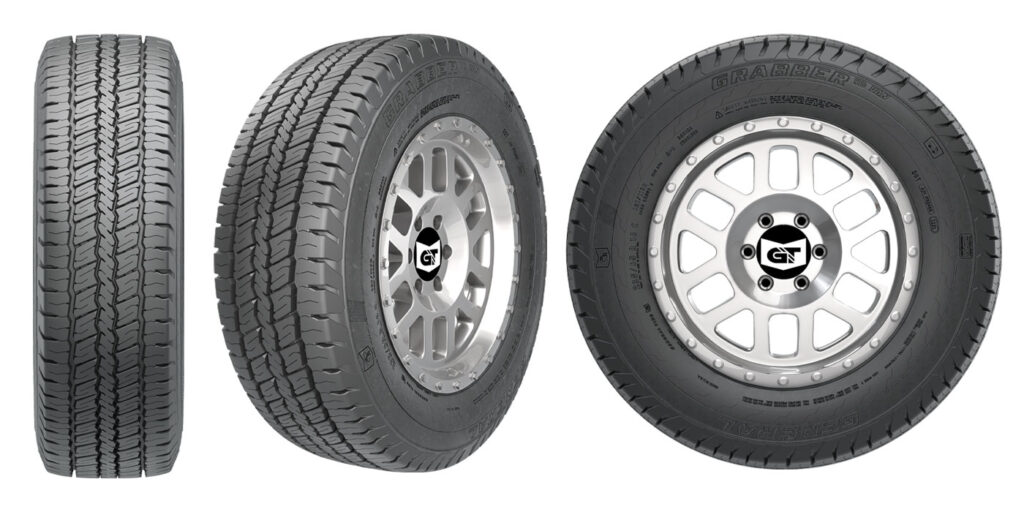
Huges agreed noting the difference between LT-Metric and C-Metric tires for van use. These types of commercial tires are designed with the usage conditions of last-mile delivery in mind and are better suited for this type of application than other LT tires, he said.
“Currently, there are LT-Metric tires designed for consumer and recreational use as well as commercial use. C-Metric tires, on the other hand, are designed for higher load carrying capacity than commercial LT-Metric tires of the same dimension,” he said. “Fleets need to ensure they are utilizing the correct tires designed for their usage.”
Dayton added that load-carrying capacity is a key factor when dealing with this segment.
“It’s important to know the vehicle’s load-carrying capacity and how the customer will be using their commercial vans,” he said. “Using the correct tire is important to maintain the safety and performance of the vehicle for the customer.”

